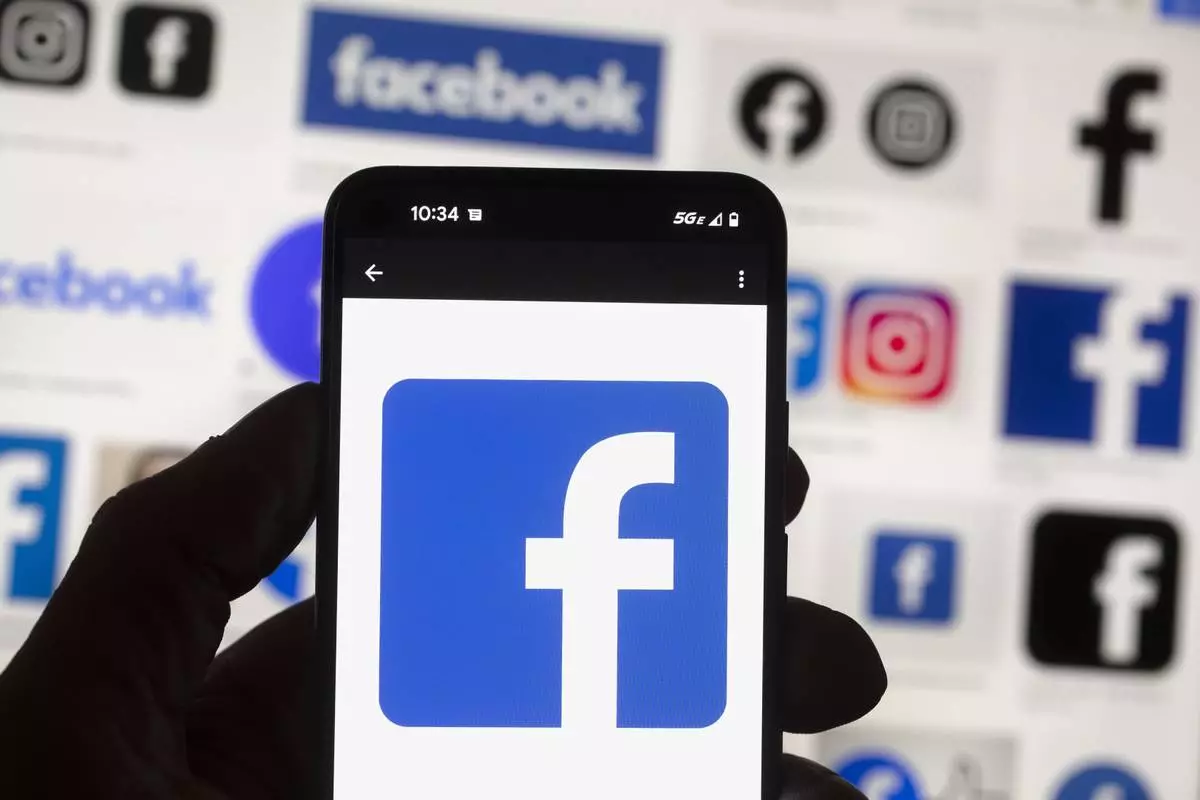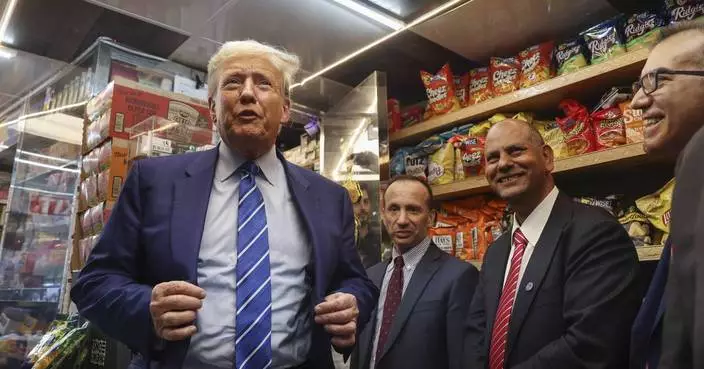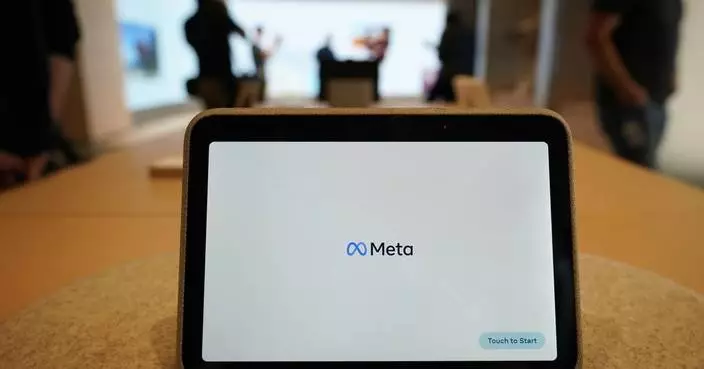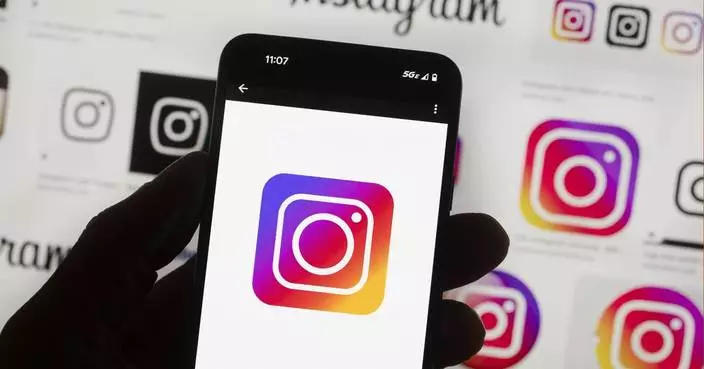Facebook's Instagram service is loosening its restraints on video in an attempt to lure younger viewers away from YouTube when they're looking for something to watch on their smartphones.
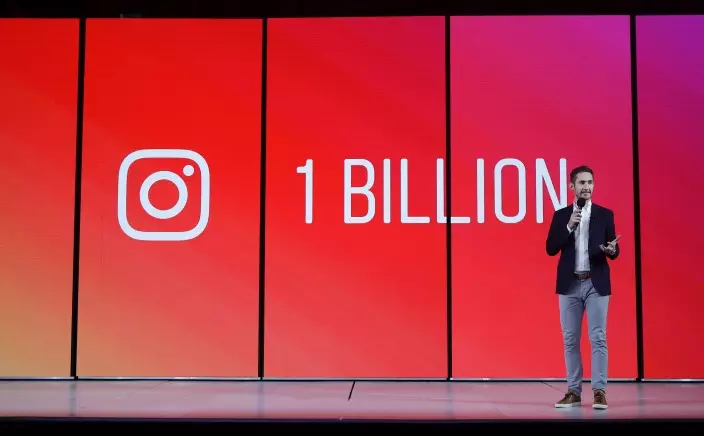
In this Tuesday, June 19, 2018, photo Kevin Systrom, CEO and co-founder of Instagram, prepares for Wednesday's announcement about IGTV in San Francisco. (AP Photo/Jeff Chiu)
The expansion announced Wednesday, dubbed IGTV, will increase Instagram's video time limit from one minute to 10 minutes for most users. Accounts with large audiences will be able to go as long as an hour.
Video will be available through Instagram or a new app called IGTV. The video will eventually give Facebook more opportunities to sell advertising.
It's the latest instance in which Instagram has ripped a page from a rival's playbook in an effort to preserve its status as a cool place for young people to share and view content. In this case, Instagram is mimicking Google's YouTube. Before, Facebook and Instagram have copied Snapchat — another magnet for teens and young adults.
Instagram, now nearly 8 years old, is moving further from its roots as a photo-sharing service as it dives headlong into longer-form video.
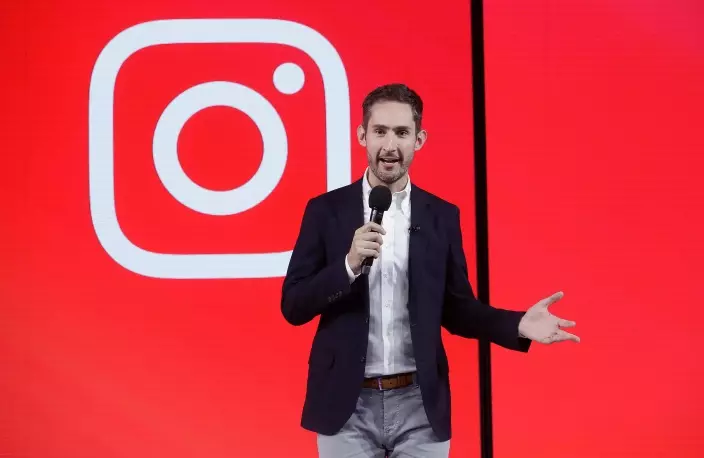
In this Tuesday, June 19, 2018, photo Kevin Systrom, CEO and co-founder of Instagram, prepares for Wednesday's announcement about IGTV in San Francisco. (AP Photo/Jeff Chiu)
The initiative comes as parent company Facebook struggles to attract teens, while also dealing with a scandal that exposed its leaky controls for protecting users' personal information.
Instagram CEO Kevin Systrom told The Associated Press that he hopes IGTV will emerge as a hub of creativity for relative unknowns who turn into internet sensations with fervent followings among teens and young adults.
That is what's already happening on YouTube, which has become the world's most popular video outlet since Google bought it for $1.76 billion nearly 12 years ago. YouTube now boasts 1.8 billion users.
Instagram, which Facebook bought for $1 billion six years ago, now has 1 billion users, up from 800 million nine months ago.
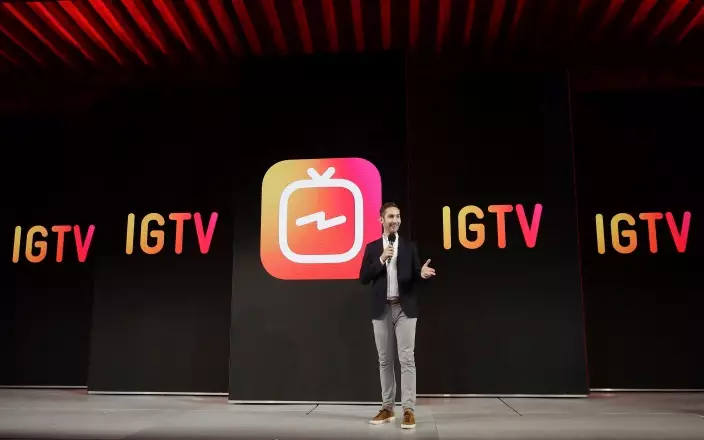
In this Tuesday, June 19, 2018, photo Kevin Systrom, CEO and co-founder of Instagram, prepares for Wednesday's announcement about IGTV in San Francisco. (AP Photo/Jeff Chiu)
More importantly, 72 percent of U.S. kids ranging from 13 to 17 years old use Instagram, second to YouTube at 85 percent, according to the Pew Research Center. Only 51 percent of people in that group now use Facebook, down from 71 percent from a similar Pew survey in 2014-15.
That trend appears to be one of the reasons that Facebook is "hedging its bets" by opening Instagram to the longer-form videos typically found on YouTube, said analyst Paul Verna of the research firm eMarketer.
Besides giving Instagram another potential drawing card, longer clips are more conducive for video ads lasting from 30 seconds to one minute. Instagram doesn't currently allow video ads, but Systrom said it eventually will. When the ads come, Instagram intends to share revenue with the videos' creators — just as YouTube already does.
"We want to make sure they make a living because that is the only way it works in the long run," Systrom said.
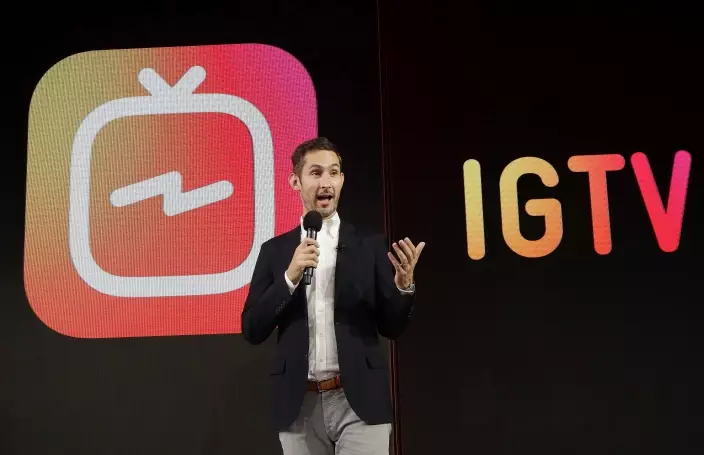
In this Tuesday, June 19, 2018, photo Kevin Systrom, CEO and co-founder of Instagram, prepares for Wednesday's announcement about IGTV in San Francisco. (AP Photo/Jeff Chiu)
The ads also will help Facebook sustain its revenue growth. Total spending on online video ads in the U.S. is expected to rise from nearly $18 billion this year to $27 billion in 2021, according to eMarketer.
Lele Pons, a YouTube sensation who also has amassed 25 million followers on Instagram, plans to launch a new cooking show on IGTV in hopes of increasing her audience and eventually generating more revenue. "It's like Coca-Cola and Pepsi," she said. "You will never know what you like better unless you try both."
IGTV's programming format will consist exclusively of vertical video designed to fill the entire screen of smartphones — the devices that are emerging as the main way younger people watch video. By contrast, most YouTube videos fill only a portion of the screen unless the phone is tilted horizontally.
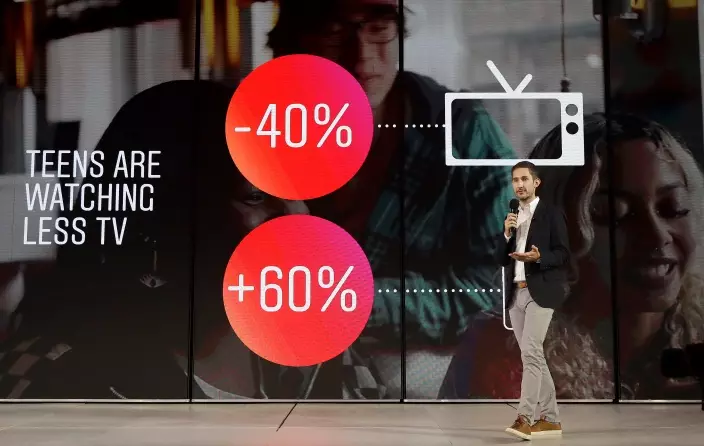
In this Tuesday, June 19, 2018, photo Kevin Systrom, CEO and co-founder of Instagram, prepares for Wednesday's announcement about IGTV in San Francisco. (AP Photo/Jeff Chiu)
Snapchat began featuring vertical video before Instagram, another example of its penchant for copying rivals.
But Systrom sees it differently. "This is acknowledging vertical video is the future and we want the future to come more quickly, so we built IGTV."



